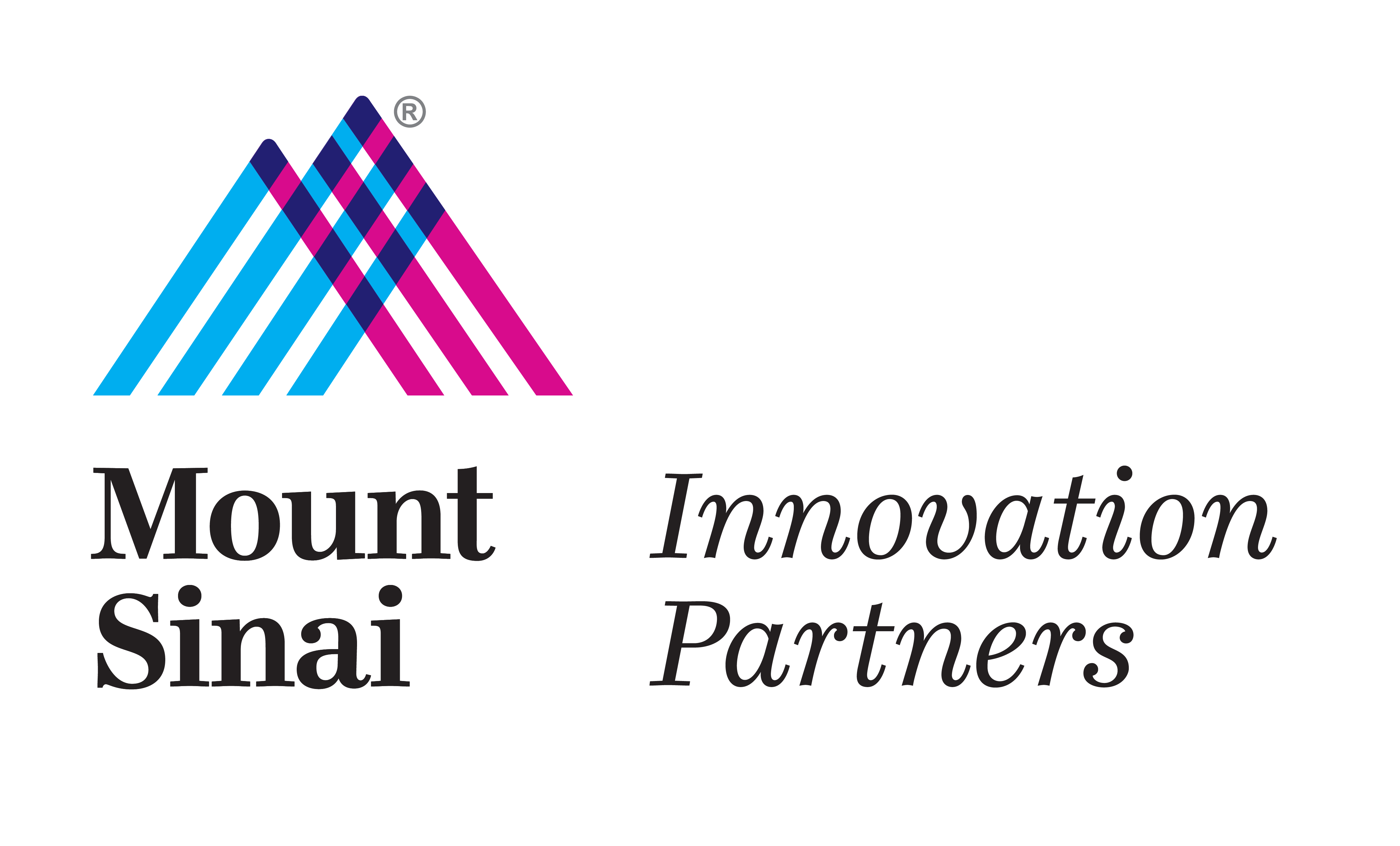Human Immune Monitoring Center at Mount Sinai to Analyze the Effectiveness of a Novel Cancer Therapy Drug
November 05, 2019The Human Immune Monitoring Center (HIMC) at the Icahn School of Medicine at Mount Sinai will apply cutting-edge high-throughput technologies to evaluate the therapeutic effects of Libtayo® (cemiplimab-rwlc), a PD-1 antibody blockade developed by biotechnology company Regeneron Pharmaceuticals, Inc and Sanofi.
While immunotherapy has revolutionized the field of oncology, there are still key questions that remain—such as learning more about how these drugs work in human cancer—and many patients still fail to respond to these therapies, leaving a need to better understand how FDA-approved immunotherapies work and how we can use emerging therapies to further improve response rates to treatment. In a phase I clinical trial led by Thomas Marron, MD, PhD, Assistant Director of Early Phase and Immunotherapy Trials at The Tisch Cancer Institute at Mount Sinai, the HIMC will assess the clinical efficacy and response of patients to cemiplimab therapy in early-stage non-small cell lung cancer (NSCLC), hepatocellular carcinoma (HCC), and head and neck squamous cell carcinoma (HNSCC). The HIMC will utilize optimized techniques to deeply interrogate the changes induced by these novel therapies within the tumor. These techniques include single cell mapping of cancer lesions and circulating immune cells, spatial mapping of the tumor tissues, and sequencing of the patient’s microbiome before and after treatment.
Led by Miriam Merad, MD, PhD, Director of the Precision Immunology Institute and Co-Director of Cancer Immunology Program, The Tisch Cancer Institute of the Icahn School of Medicine at Mount Sinai, the HIMC leverages new proprietary technologies and platforms to characterize immune profiles and responses across a diverse range of disease settings.
“We are a team of highly integrated scientists with distinct expertise in medicine, immunology, technology, mathematics and physics, whose goals are to dissect the contribution of the immune system to human diseases and use this knowledge to design novel immune-based therapies,” said Merad.
The HIMC currently supports over 45 federal and foundation-funded research programs across a diverse range of diseases including cancer, autoimmune disease, inflammatory bowel disease, allergy and neurodegenerative disease. It also serves as a central resource for several multi-institutional consortia including the NIH Human Immunology Project Consortium (HIPC), the Children’s Health Exposure Analysis Resource (CHEAR) and the Consortium of Food Allergy Research (CoFAR). The HIMC is also one of four NCI-designated Cancer Immune Monitoring and Analysis Center and is actively supporting 13 industry-sponsored research programs.
“The large body of expertise in immuno-oncology, as well as the foundational and innovative approach found within the HIMC and Dr. Merad’s team, strongly influenced our decision to work with Mount Sinai on this study,” said Gavin Thurston, Vice President of Oncology and Angiogenesis at Regeneron.
“The breadth and number of partnerships between the HIMC and leading academic and industry partners reflects the quality of cutting-edge, proprietary techniques and technologies developed by Dr. Merad and her team,” said Erik Lium, PhD, Executive Vice President of Mount Sinai Innovation Partners, the commercialization engine of the Mount Sinai Health System. “We look forward to expanding the HIMC and to broadly engaging with additional academic life science, biotech and pharma partners on transformative, groundbreaking research.”

